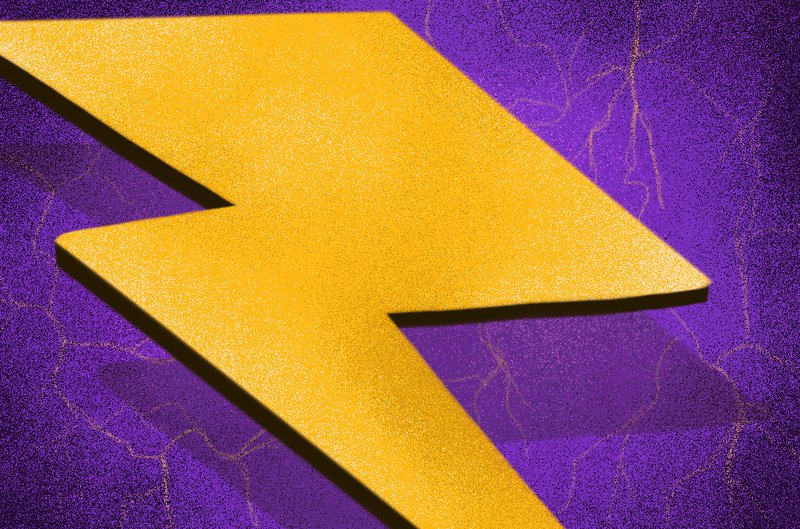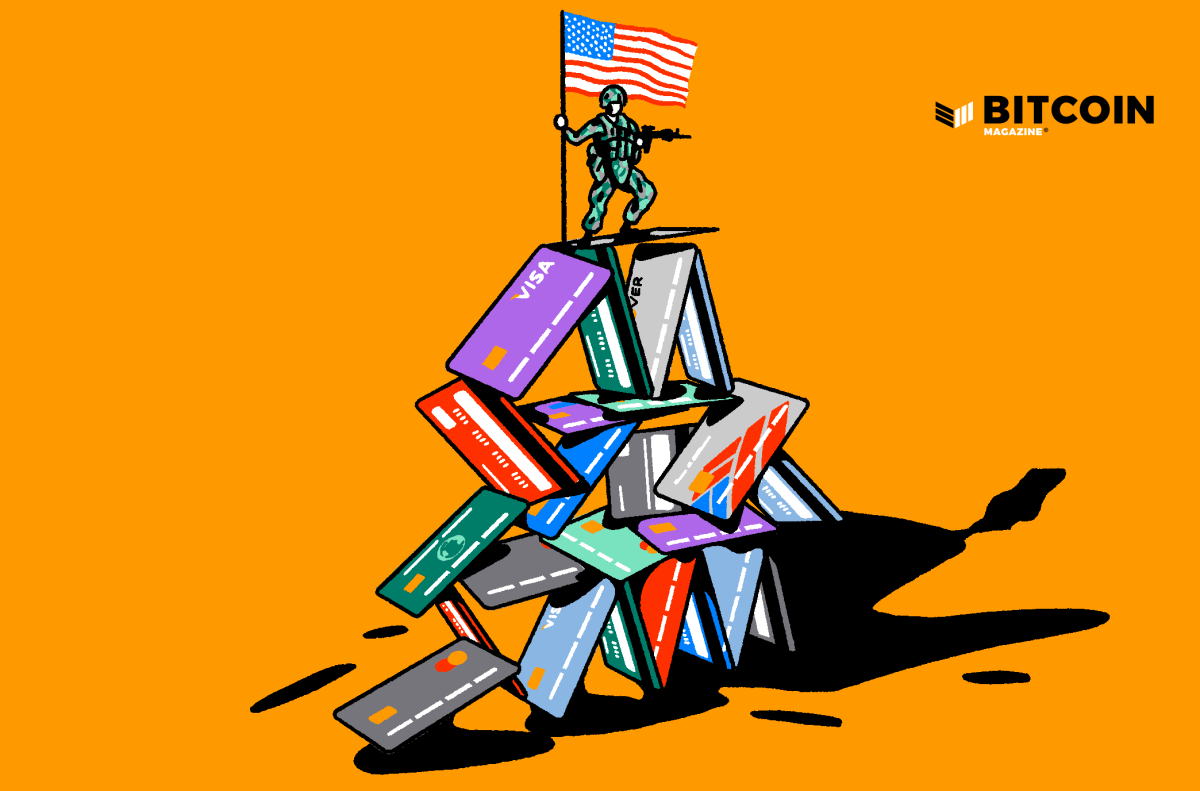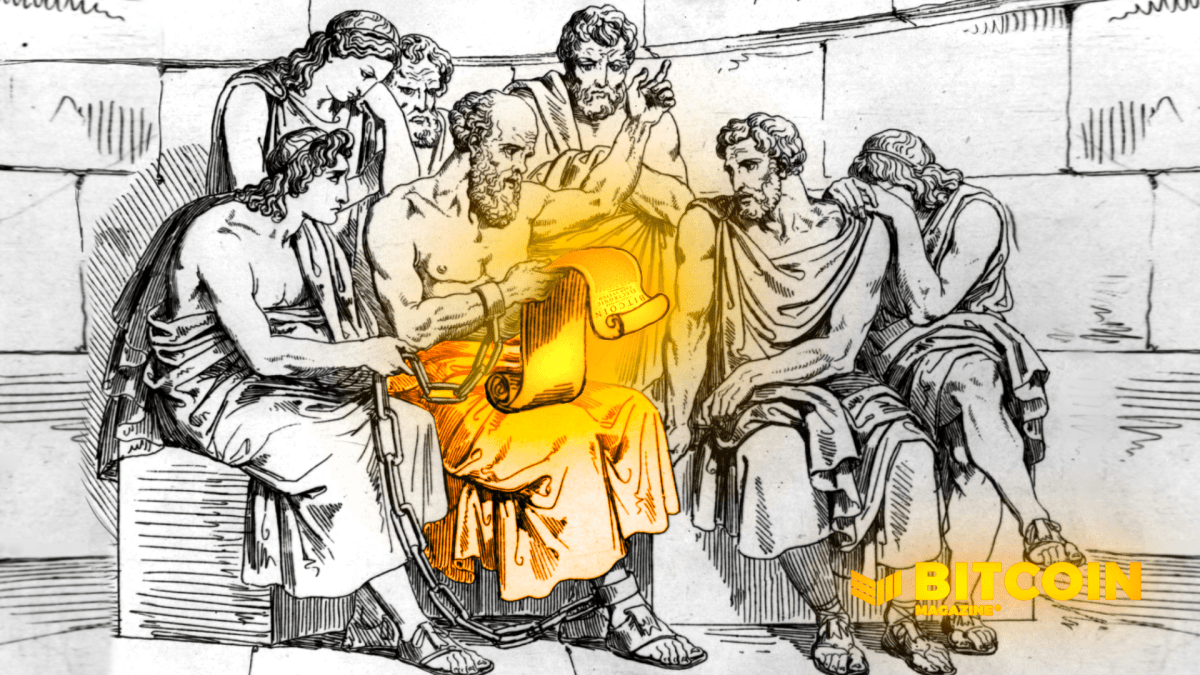What If Lawyers Had Vetted The Bitcoin White Paper?
The surge in “crypto lawyers” attempting to enter the ecosystem makes one wonder what they would have done to Bitcoin if they had the chance.
One of the central reasons for Bitcoin’s success is that lawyers never touched the Bitcoin white paper.
Watching now how legal professionals are trying to identify themselves as “crypto lawyers” and to offer legal support to blockchain startups, I came up with a thought: How would these same “services” have changed the original Bitcoin white paper?
There are many legends and rumors surrounding Bitcoin’s pseudonymous founder Satoshi Nakamoto. It is a mystery whether they were Japanese or American, whether they acted alone or through a group of people, and many more questions.
One hypothesis is that Satoshi, whoever they were, is now dead. And, as a lawyer myself, I think that would be best for them now. Otherwise, they would have been sentenced to serve jail time or been bankrupted through legal fees a long time ago.
What would have happened if Satoshi had originally hired lawyers to develop the Bitcoin white paper? At the very least, they would have died before those lawyers finished their work. A “good” lawyer would never allow Bitcoin to happen.
To begin with, there isn’t a trademark registered for the word “Bitcoin.” Just based on the number of times (through texts, logos, games, etc.) that businesses and people use that word, the world owes Satoshi a decent amount of money. Lawyers would never miss a document that wasn’t laden with trademarks to the max. Instead of a transaction fee, we would have had to pay a royalty every time we pronounced the word “Bitcoin.” A good lawyer would have driven the white paper through the intellectual property hopper.
In fact, intellectual property would be the first bullet that would completely kill the idea of bitcoin. A lawyer’s first reflex when looking at such technology is to register everything. Copyright the software, patent the technology.
As far as BTC is concerned, it is primarily software. It would require terms of use and a privacy policy, going through more than 100 pages of documents and two years for development. If it’s software, it means everyone has to pay Satoshi royalties. And we need to register a legal entity to get those. But to whom? And this is where the whole idea of anonymity would die. Because Bitcoin would demand a legal entity to operate it. Of course, a good lawyer would find a way to hide Satoshi’s real name, but that would be done through a bunch of trusts in offshore jurisdictions, with no technology involved.
Nodes would never have been invented, because it is impossible to determine ownership. Right now, launching and operating your own node doesn’t generate any income. They are mostly run by network enthusiasts, thereby increasing the resilience and security of the entire blockchain. And that, to any lawyer, is beyond good and evil.
And while we’re at it, it’s worth noting that the very process of bitcoin mining without legal support should be formally impossible. Cryptocurrency issuance is not regulated by anyone, and without contracts, bitcoin cannot be transferred to another person.
If lawyers had their way, the Bitcoin white paper would be overloaded by disclaimers. Actually, it would consist of 90% disclaimers. Governments could never accuse cryptocurrency owners of illegal financial transactions because they would be so confused by the inner workings of Bitcoin’s definitions and terms, they simply could not even articulate what Bitcoin is. And yes, it’s true that users wouldn’t be able to read it either.
Most likely, paying for all of this legal work would have left Satoshi bankrupt. I am sure that with lawyers’ participation, BTC would have become a financial and legal “nothing” project. More accurately, it would not have happened at all.
This article may sound like a joke, but it’s based on what’s happening to a lot of projects in this space right now. I am a lawyer myself, and I don’t want to say that “crypto lawyers” aren’t needed. But I often see how trying to get on a safe legal ground is killing projects. This world needs fewer rules and more trust.
This is a guest post by Artem Afian. Opinions expressed are entirely their own and do not necessarily reflect those of BTC Inc or Bitcoin Magazine.









